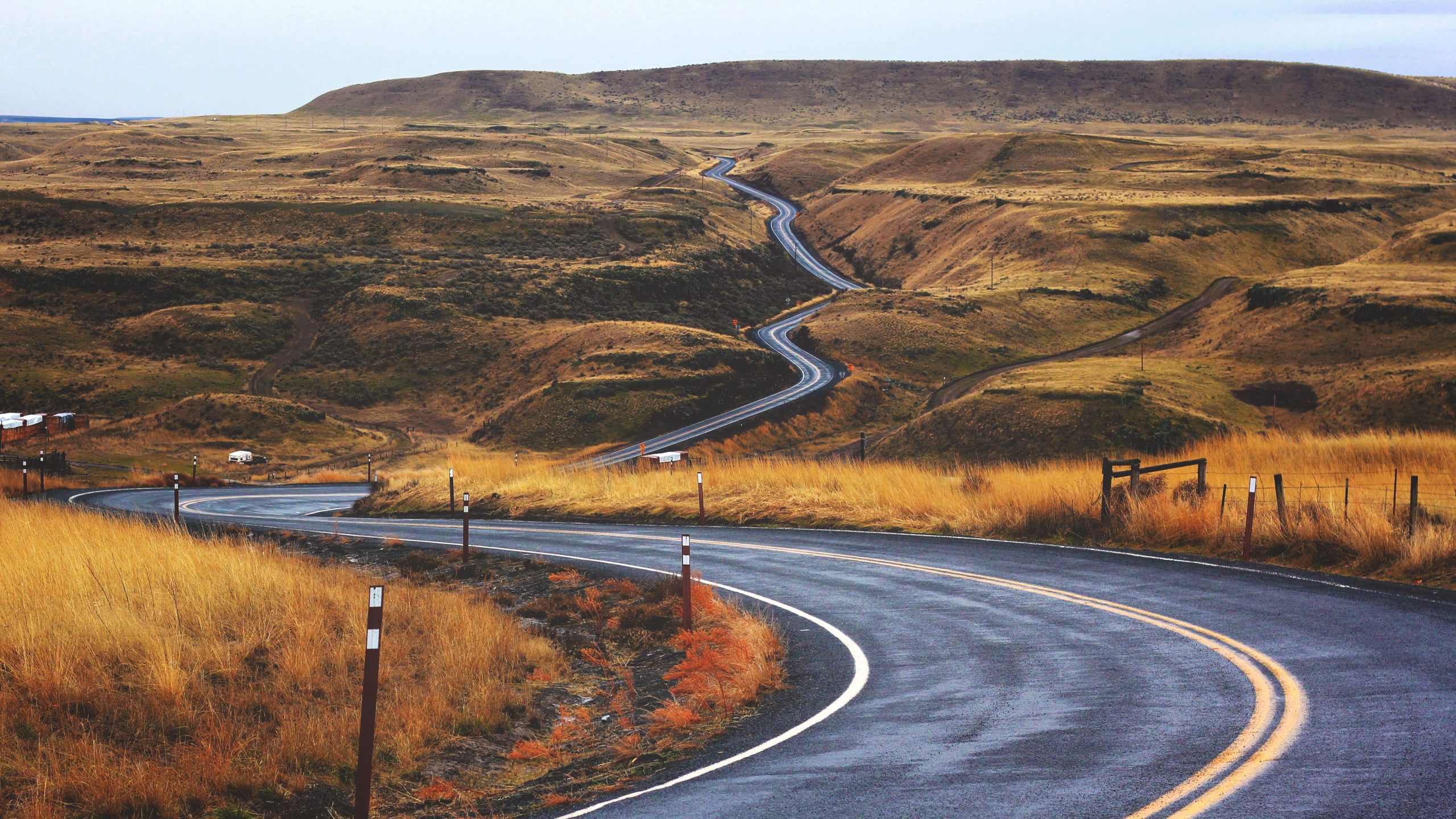“Another world is not only possible, she is on her way. On a quiet day, I can hear her breathing.”
—Arundhati Roy
The world today feels precarious, on the edge of unraveling. The war in Ukraine grinds on. The devastation of Gaza continues with heartbreaking intensity. Iran is under siege. Everywhere, the air seems thick with fear, suspicion, and anger. Meanwhile, ecological systems unravel silently in the background: droughts, floods, wildfires, extinctions. Democracy is eroding. Inequality is rising. Trust is evaporating.
We ask: What will it take to turn this around? Can we break the cycles of history, of fear and greed, violence and domination? Can we rediscover the path of human evolution—not just biologically, but morally, socially, and spiritually?
We believe the answer is yes. But it will require more than policy changes or new technologies. It will require a transformation—of consciousness, of systems, and of story.
1. A Shift in Consciousness
At the root of our crisis is the illusion of separation. We have been conditioned to believe we are separate from nature, from each other, even from the future. This belief legitimizes domination and extraction. But we now know, through both ancient wisdom and modern science, that this separation is false.
“We are not separate from the Earth. The Earth is not a resource, she is our relative.”
—Robin Wall Kimmerer, Braiding Sweetgrass
This shift—seeing ourselves not as isolated individuals but as part of a larger living system—is the essence of what Joanna Macy calls “The Great Turning.” It is a move from the industrial growth society to a life-sustaining civilization, rooted in interdependence, compassion, and deep ecological awareness.
As Charles Eisenstein writes in The More Beautiful World Our Hearts Know Is Possible, we are living between stories. The old story—of control, scarcity, and separation—is falling apart. A new story—of connection, generosity, and wholeness—is struggling to be born. Our task is to midwife this emergence.
2. Courageous Truth-Telling
Transformation begins with truth. We must tell the truth about empire, racism, genocide, ecocide—not just in the past, but in the present. To evolve, we must see clearly what we are doing and what we have become.
“There is no thing as a single-issue struggle because we do not live single-issue lives.”
—Audre Lorde
This means confronting uncomfortable realities—like the normalization of civilian casualties, the militarization of borders, the commodification of everything. It also means confronting our own complicity. As bell hooks reminds us, love is not just a feeling—it is an ethic of justice. And justice begins with telling the truth.
3. Collective Imagination
One of our greatest challenges is a poverty of imagination. We are stuck inside the logic of the systems that are destroying us. But if we cannot imagine something different, we cannot build it.
“The master’s tools will never dismantle the master’s house.”
—Audre Lorde
We need to reclaim our capacity to dream—to envision new economies, new governance, new forms of kinship and care. adrienne maree brown, in Emergent Strategy, calls this “fractal change”—where the patterns of transformation in small communities ripple outward to reshape the world. She urges us to organize like mycelium, to move like water, to think like a system.
The stories we tell shape what we believe is possible. We must tell stories of restoration, cooperation, regeneration. Stories where healing is real and where power is shared.
4. Grief as a Gateway
To move forward, we must grieve. Grieve the lives lost in war. Grieve the forests burned and rivers poisoned. Grieve the relationships broken by colonialism and capitalism. Grieve the futures stolen from our children.
“The work that reconnects begins with gratitude. Then it honors our pain for the world.”
—Joanna Macy
Grief is not a weakness—it is a sign of connection. It means we still care. And when we grieve together, we remember our shared humanity. Only then can we begin to heal.
5. Organized Love
Love must be more than sentiment. It must become a strategy. As Dr. Martin Luther King Jr. taught, love is the only force capable of transforming enemies into friends. But this love must be collective, embodied, and organized.
“Love is political. If it isn’t, it’s just a personal preference.”
—Cornel West
Organized love shows up in social movements, mutual aid networks, community land trusts, restorative justice circles. It shows up in how we build solidarity across difference, how we design systems that care for the most vulnerable, and how we refuse to accept the status quo.
Conclusion: A Choice Before Us
We stand at a fork in the road. One path leads deeper into collapse, domination, and despair. The other path is uncertain, difficult, and still mostly invisible—but it holds the promise of life. We call this path the evolutionary leap.
“Evolution is not something that happens to us. It is something we choose to participate in.”
—Barbara Marx Hubbard
Will we become the ancestors that future generations will thank? Or the ones they curse?
This is our moment to remember who we are—not consumers or conquerors, but caretakers and co-creators. Not masters of the Earth, but kin among its many beings.
The choice is not easy. But it is ours.
And another world is not only possible—she is already stirring.
